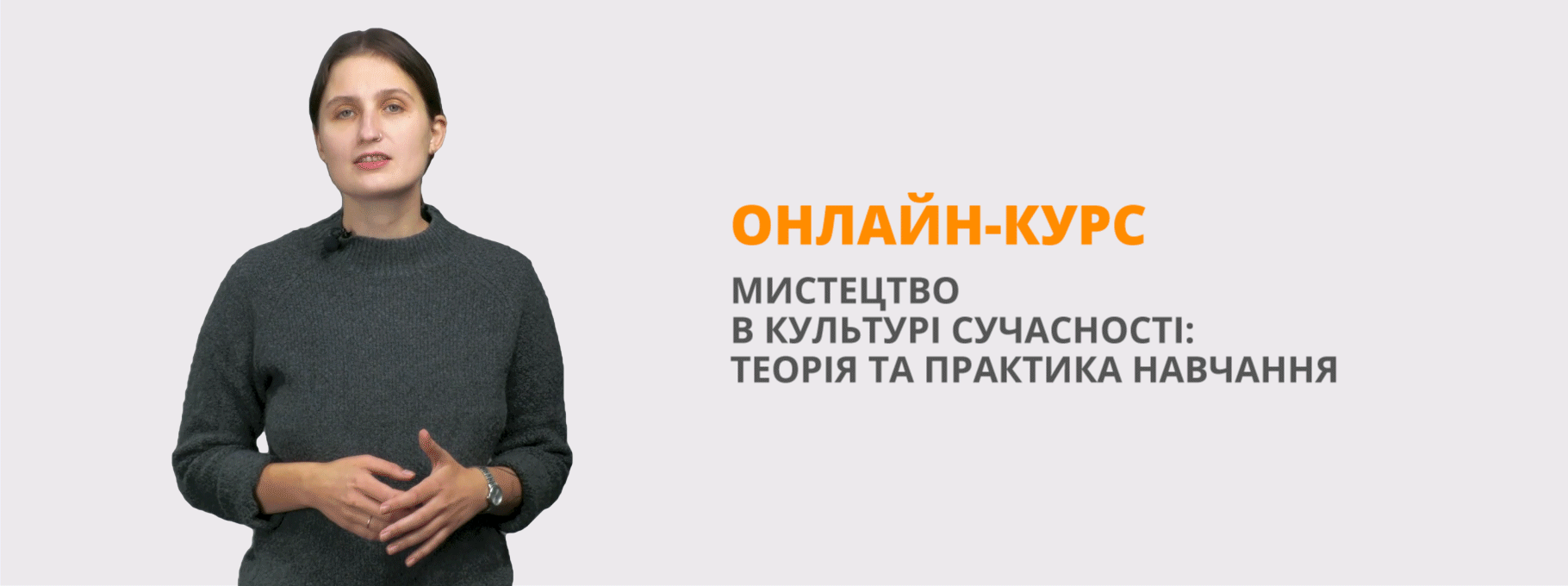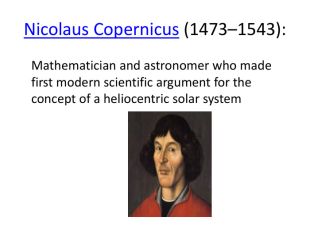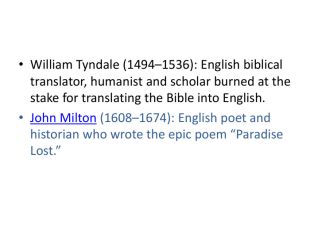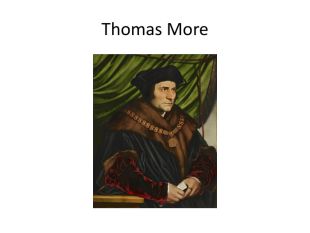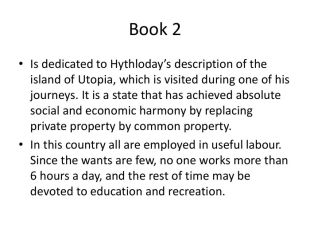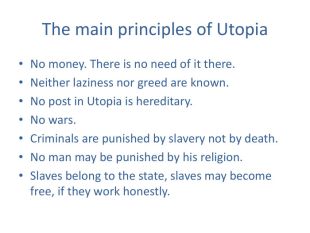презентація "The Renaissance. Thomas More"















Medici Family. The Renaissance started in Florence, Italy, a place with a rich cultural history where wealthy citizens could afford to support artists. Members of the powerful Medici family, which ruled Florence for more than 60 years, were famous backers of the movement. Great Italian writers, artists, politicians and others declared that they were participating in an intellectual and artistic revolution that would be much different from what they experienced during the Dark Ages.
Humanism. During the 14th century, a cultural movement called humanism began to spread in Italy. Humanism promoted the idea that man was the center of his own universe, and people should support human achievements in education, classical arts, literature and science. In 1450, the invention of the Gutenberg printing press allowed for improved communication throughout Europe and for ideas to spread more quickly. As a result of this advance in communication, little-known texts from early humanist authors such as those by Francesco Petrarch and Giovanni Boccaccio were printed and distributed to the masses.
Utopia. Imaginary perfect world. The word is formed of Greek words meaning “no place, “nowhere”.“Utopia ” is a work of fiction and political satire written in Latin and published in 1516. The book describes a fictional island society and its religious, social and political customs. Thomas More was the first writer in Europe to formulate communistic principles as a basis for society.
Book 1 Contains a conversation between More himself , the Flemish Humanist and a veteran sailor Raphael Hythloday. The conversation deals with social and economic conditions in Europe and in England. Life was not easy in England at that time: the parasitism of nobility, the uselessness of clergy(духовенства), the vices(пороки) of monarchy. The peasants were brought into poverty. The fields were turned into pastures for sheep. And Hythloday comes to a most important conclusion: a society based on private property can’t manage its affairs justly. Justice and welfare may be achieved by “abolition of private property”.
Book 2 Is dedicated to Hythloday’s description of the island of Utopia, which is visited during one of his journeys. It is a state that has achieved absolute social and economic harmony by replacing private property by common property. In this country all are employed in useful labour. Since the wants are few, no one works more than 6 hours a day, and the rest of time may be devoted to education and recreation.
The main principles of Utopia. No money. There is no need of it there. Neither laziness nor greed are known. No post in Utopia is hereditary. No wars. Criminals are punished by slavery not by death. No man may be punished by his religion. Slaves belong to the state, slaves may become free, if they work honestly.


про публікацію авторської розробки
Додати розробку
